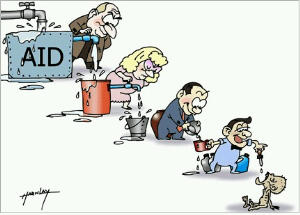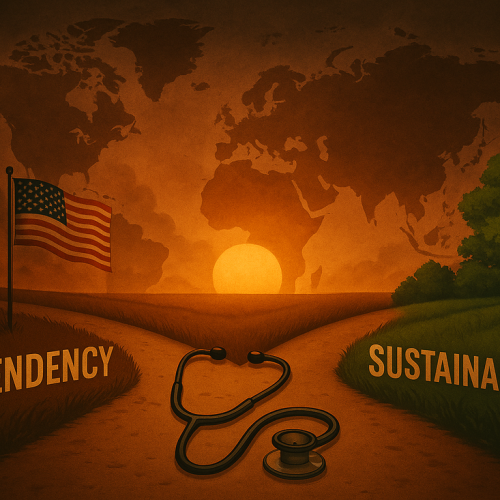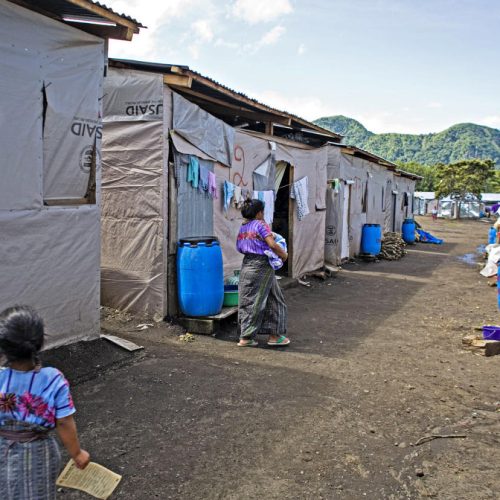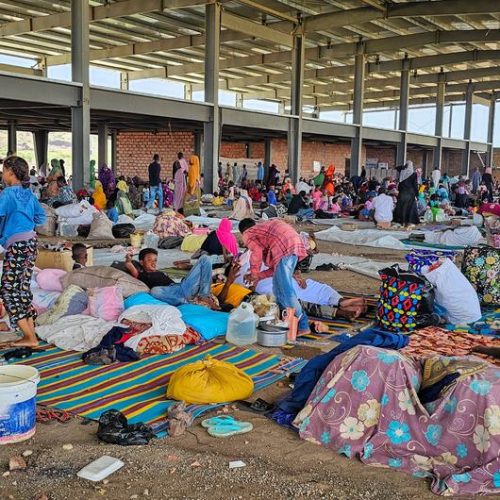Structural Violence
Structural violence refers to systematic and normalized social, economic, and political oppression of vulnerable populations. Structural violence includes income inequality, racism, homophobia, anti-Semitism, Islamophobia, sexism, ableism, and other means of social exclusion leading to stress, poverty, trauma, crime, incarceration, lack of access to care, healthy food, and physical activity.
Those in power typically benefit from structural violence. As a rule, they will cling to their power at all costs, including through physical violence to preserve or enact systemic changes that reinforce power divides. We live within systems that are expressly designed to reinforce social disparities.
September 15, 2023
Mexico’s Supreme Court decriminalizes abortion nationwide

¡Victoria! Wave High the Green Bandanas! Years of concerted action by reproductive rights activists in Mexico have just gained a huge win. “Today is the day of victory and justice for Mexican women!” declared Mexico’s National Institute for Women. “No woman or pregnant person, nor any health worker, will be able to be punished for…
September 2, 2023
Fossil Fuel Shackles: How Wealthy Nations Hook Developing Ones
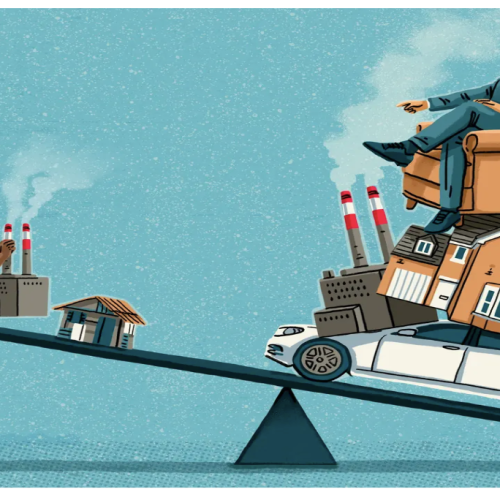
Introduction In the realm of global environmental justice, a disconcerting phenomenon has gained prominence in recent times: the entrapment of impoverished nations by their wealthier counterparts into a relentless dependence on fossil fuels. (1) This practice, though obscured by economic negotiations, perpetuates a cycle of environmental degradation and inequality. By examining pertinent examples and evidence,…
July 27, 2023
European Union Policies doomed the Migrant’s Boat Off Greece

The ongoing climate crisis and regional wars are rapidly increasing the number of people seeking safety. The World Bank observes that by 2025, 143 million people may be compelled to migrate as climate change worsens. It would seem to be a time for compassion and accommodation. But the European Union’s response to such desperate people…
June 21, 2023
Global Health Justice: The Intersection of Religion and Structural Violence
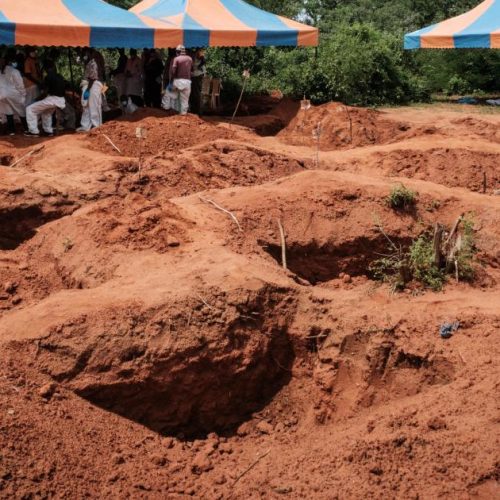
Global health justice is a powerful ideal, striving for equal access to healthcare and fair health outcomes worldwide. Religion and religious organizations have and continue to play a pivotal role in advancing this cause, championing compassion, care, and justice for the vulnerable. However, it is crucial to acknowledge that there are instances when religion can…
May 15, 2023
Racism in Childbirth: Black Families Face Higher Mortality Rates in the wealthy USA

Research uncovered an uncomfortable truth regarding childbirth outcomes: even affluent Black families are at a higher risk of maternal mortality than similarly economically privileged white families. This study shatters the commonly held misconception that financial resources alone can shield Black mothers and infants from the impacts of racial discrimination. Instead, it reveals the presence of…
Worker Lives Remain a Serious Concern in Bangladesh’s Garment Industry
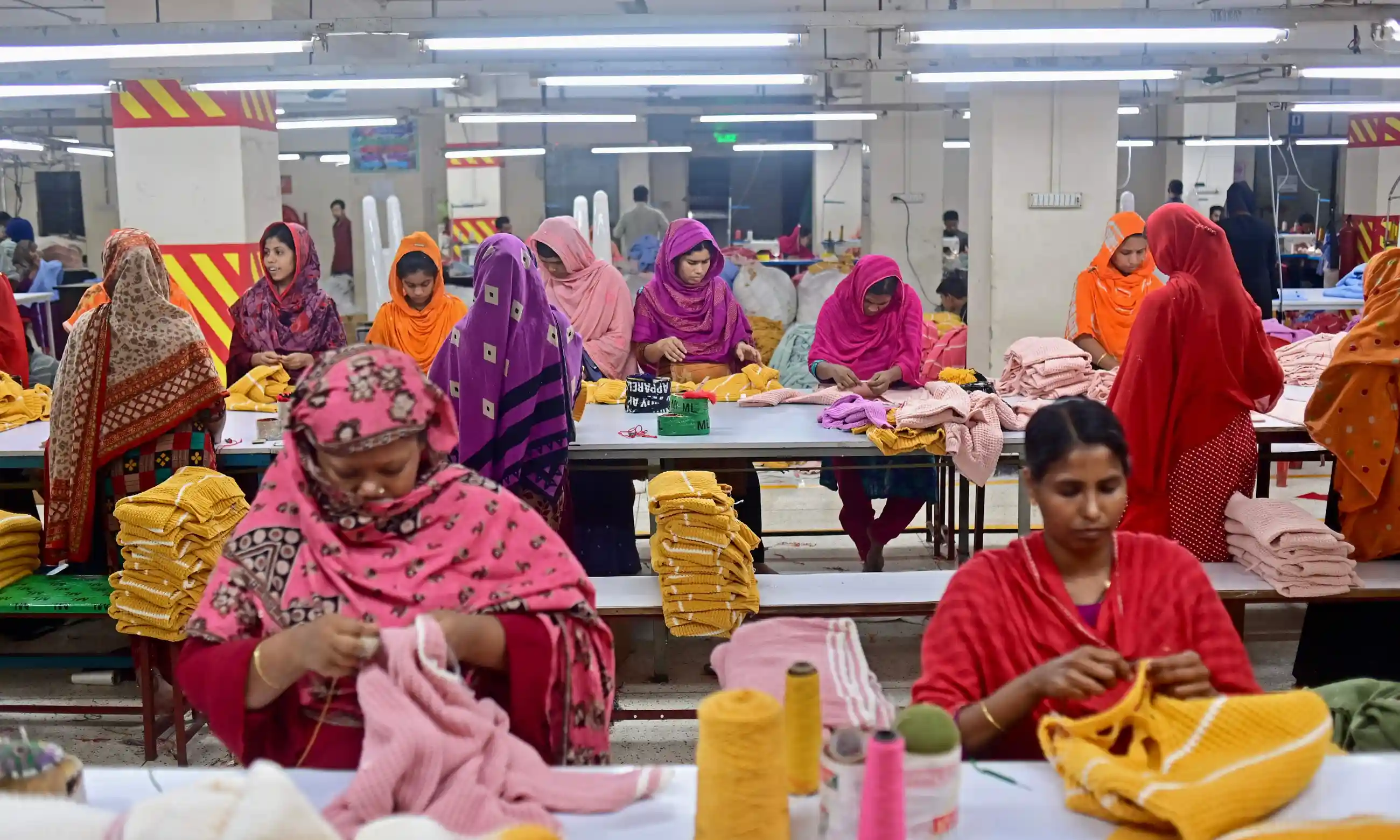
On the 10th anniversary of the horrendous Rana Plaza factory collapse in Bangladesh, the battle for safe working conditions and fair wages is still ongoing. The owner of the building, who falsified construction documents, was jailed and faces murder charges along with 35 cronies for the death of over 1,100 employees. While their trial slowly…
April 25, 2023
Sudan’s Ongoing Crisis: Unpacking the Root Causes of Violence and the Elusive Pursuit of Peace Amidst Global Inequities
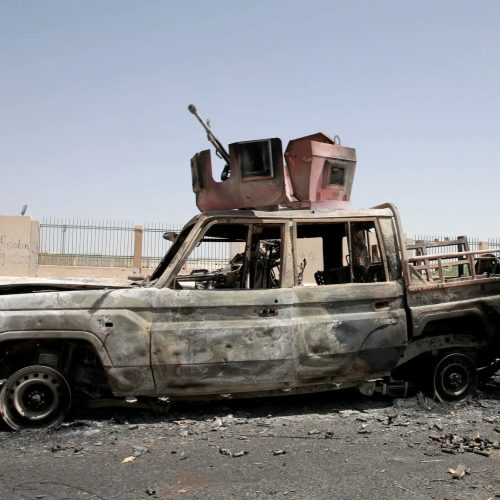
The violence in Sudan, particularly in Khartoum, is partly the fault of the international community. Sudan is still struggling to build a civilian-led government after decades of military rule, and tensions between different military factions have erupted into violence. The exploitation of resources, economic disparities, and political power imbalances have fueled grievances and conflicts within…
March 9, 2023
14,000 Nigerians Seek Justice Against Shell for Devastating Pollution Impacts
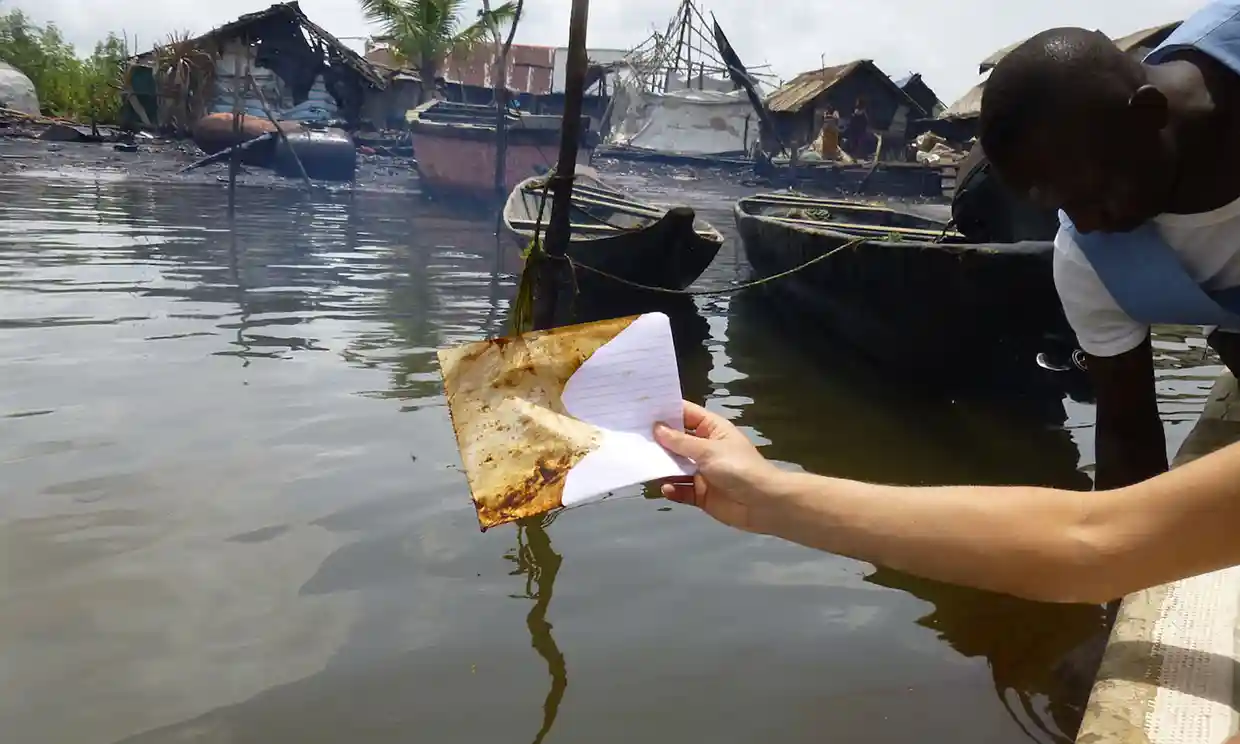
The case of environmental pollution and resulting livelihood losses in Nigeria is a striking example of the impact of corporate activities on local communities. The legal battle launched by nearly 14,000 residents of Ogale and Bille against Shell brings to light the devastating effects of oil spills from the company’s operations. The affected communities have…
March 8, 2023
Poverty and Exploitation in Jobs, Housing, Banking
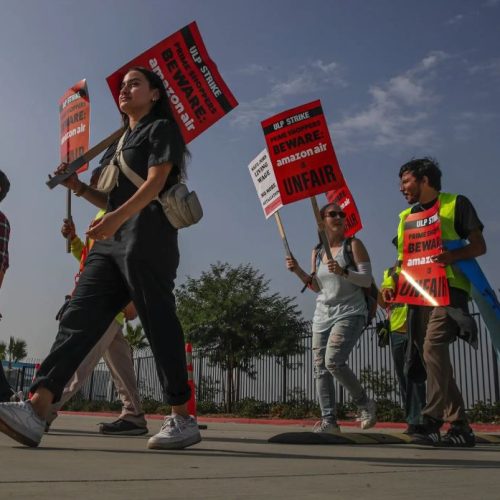
Desmond describes the structural role of exploitation in the persistence of poverty in the USA – that is also highly relevant to poverty globally. While we try to promote programs to aid the poor, ‘we have not confronted the unrelenting exploitation of the poor in the labor, housing, and financial markets,” This simply means that…
February 26, 2023
Violence and Sexual Harassment Against Women in Health Professions

Women make up 70% of the health care workforce worldwide. Sadly, female health care workers are faced with sexual exploitation, abuse, and harassment (SEAH) at work every day perpetrated by male colleagues, male patients, and male community members. Oftentimes, SEAH experienced by women in the health sector goes unreported, unrecorded, and unpunished. In 2022, Women…
Previous page Next page
